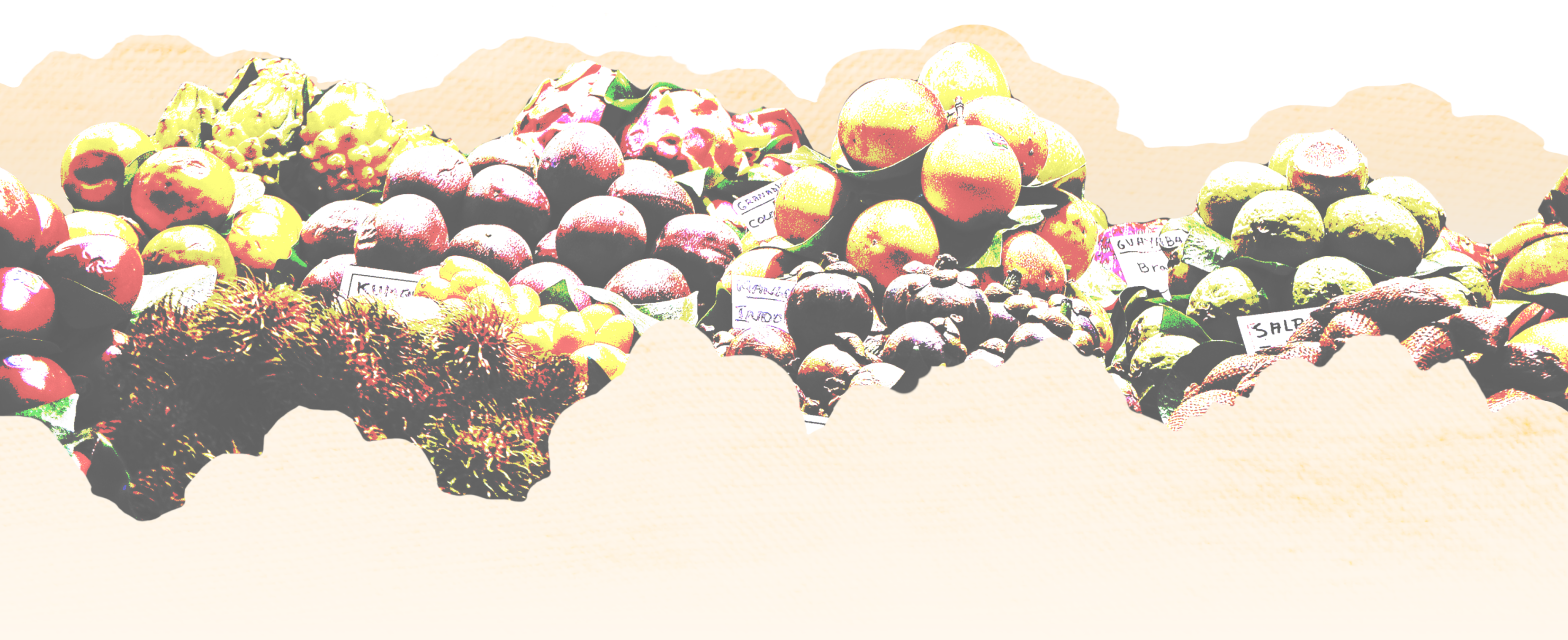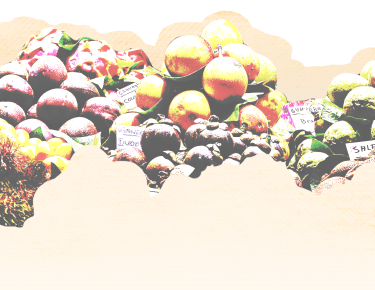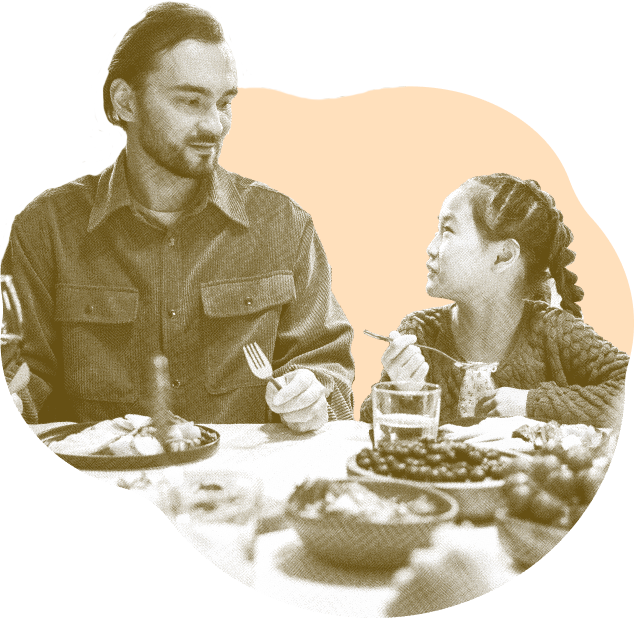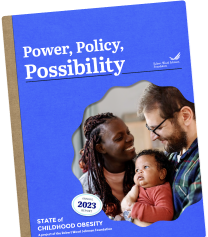Advancing a Narrative to Protect Kids’ Health
RWJF is working to understand and remove structural barriers to health and wellbeing, including those driven by racism and discrimination. Shifting public narratives away from those that create harm to those that foster belonging, health equity, and shared solutions is critical to this work.
Talking About Childhood Obesity: We Can Do Better
Prevailing narratives on childhood obesity may have unintentionally contributed to anti-fat bias in children. We believe we can do better.
The Digital Marketplace Can Create Inequity, or Confront It
We believe we can and must shift the current narrative to focus more on improving all people’s access to healthy food and less on advancing corporate gains.
Building a Shared Vision for Food Justice
The stories behind our food are complex. What we eat, where we shop, and how much food we have depend on so many systems and forces.
Making Healthy Food Accessible for All
We need to support strong local food systems that provide enough nutritious and affordable food for every person. That will take partners working together to dismantle structural racism and engage community members in building shared solutions, especially people most impacted by barriers to food access.
Building Fair, Sustainable Food Systems that Nourish Our Health
We can create a new model for our food system, one that fully integrates racial equity and economic inclusion. It is not a simple task, but with hard work the food system and policy landscape that our children participate in tomorrow will be a better one than the one we have today.
What Is / What Can Be
With this storytelling project, Generations United invites grandfamilies to share their lived experiences, including their challenges with food insecurity, and help us to see, imagine, and create new futures.
Creating Communities We Can Thrive In
How can we create the conditions in our communities to ensure everyone has a fair shot at being as healthy as they can be? It starts with recognizing and reforming the policies and practices that systematically exclude people from opportunities to thrive.
Solving Our Housing Crisis Can Help Address Poverty and Child Hunger
The team at Eviction Lab is studying the impacts of America’s housing crisis and exploring solutions that can help protect kids and families from experiencing hunger, poverty and eviction.
Nurturing Local Leaders to Build Thriving Communities
Community Food System Fellows at Vital Village Networks are working to improve local food systems to promote health and economic inclusion for all.
Values-Aligned Universal Meals
National Farm to School Network has a vision for a strong and just food system that promotes the health of all school children and benefits producers, workers, educators, and their communities.
Priority Policies and
Recommendations
We are in a critical window of opportunity to improve the health and wellbeing of U.S. children and families through effective federal policy.
School Meals
Few programs have as broad an impact on the health of children and families as school meals.
Read our recommendations for improving equity in the meals programs
WIC
WIC plays a key role in nutrition safety for young families, and helps to keep them out of poverty.
Read our recommendations for improving access to WIC
SNAP
SNAP is the nation’s largest nutrition assistance program, helping roughly 42 million people afford food.
Read our recommendations for strengthening the program












